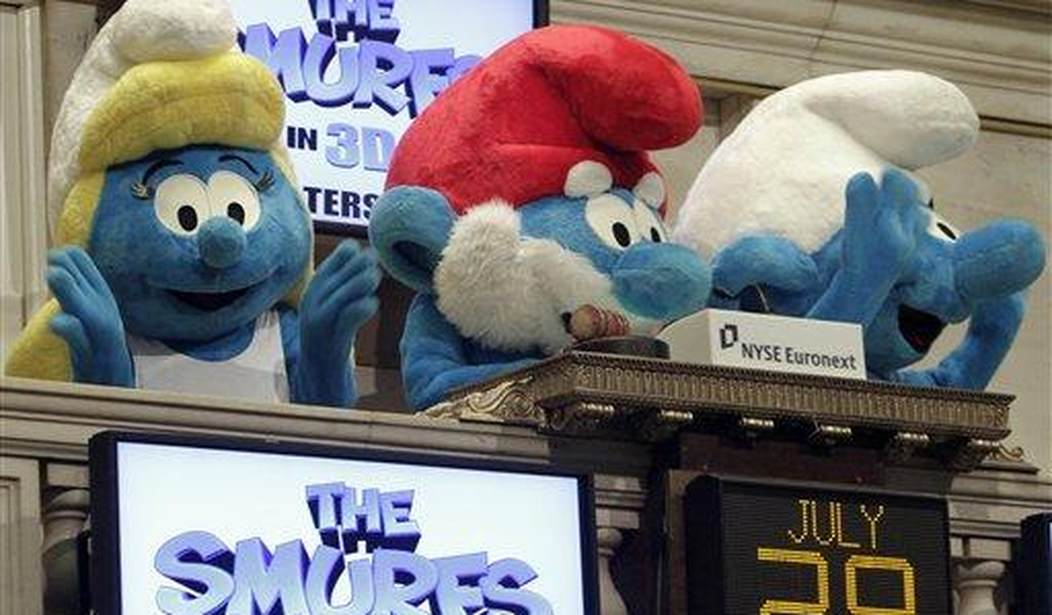In a move that has sparked considerable discussion, Elon Musk has decided to shut down the San Francisco headquarters of X (formerly Twitter) on Friday, October 13th. This decision marks a significant shift for the social media giant, reflecting Musk’s willingness to make bold, and sometimes controversial, moves in managing his companies.
Musk’s decision to close the San Francisco office is not entirely unexpected. Since acquiring Twitter in late 2022 and rebranding it as X, Musk has consistently demonstrated a hands-on approach to restructuring the company. The closure of the headquarters on Friday the 13th, a date traditionally associated with superstition, has raised eyebrows, but it is likely that the decision was influenced by more pragmatic considerations than mere symbolism.
Business Realignment or Strategic Retreat?
Musk’s rationale for the closure has not been officially detailed, but sources close to the matter suggest that the move is part of a broader effort to cut costs and streamline operations. The San Francisco office, located in the heart of one of the most expensive cities in the United States, has long been a symbol of Twitter’s dominance in the tech industry. However, the high costs associated with maintaining such a prime location may no longer align with Musk’s vision for the company.
Reports from Fox Business suggest that the shutdown could be linked to Musk’s ongoing efforts to transform X into a leaner, more efficient operation. Since taking over, Musk has made it clear that he is willing to make significant changes, including massive layoffs and policy shifts, to steer the company in a new direction. The decision to shutter the headquarters may be another step in this process, signaling a shift away from the old guard and towards a more decentralized, flexible working model.
Impact on San Francisco and Beyond
The closure of X’s San Francisco headquarters is likely to have a ripple effect across the city and the tech industry. San Francisco, already struggling with issues such as crime, homelessness, and an exodus of businesses, may view this as another blow to its status as a tech hub. The city’s reputation has taken a hit in recent years, with many businesses and residents relocating due to high costs and deteriorating living conditions. Musk’s decision to close the headquarters may reinforce the perception that San Francisco is no longer the optimal location for tech companies.
From a conservative perspective, Musk’s move can be seen as a rejection of the progressive policies that have shaped San Francisco’s economic and social landscape. The city’s leadership has often been criticized for its handling of crime and homelessness, issues that have arguably made it less attractive to businesses. By relocating operations elsewhere, Musk is not just cutting costs; he is also making a statement about the challenges of operating in a city where many believe that liberal policies have failed.
A Message to the Industry
Musk’s decision could also be interpreted as a broader message to the tech industry. The closure of X’s headquarters in San Francisco might signal a trend where tech companies are increasingly willing to move away from traditional tech hubs in search of more business-friendly environments. States like Texas and Florida, known for their lower taxes and more conservative governance, have already seen an influx of tech companies and workers in recent years. Musk’s actions may encourage others to follow suit, further diminishing San Francisco’s role as the epicenter of the tech world.
Musk’s Bold Moves
This latest move by Musk is consistent with his reputation for making bold, sometimes controversial, decisions. Whether it’s launching a car into space, drilling tunnels under Los Angeles, or rebranding Twitter, Musk has never shied away from taking risks. The closure of the San Francisco office is another example of his willingness to challenge the status quo and make decisions that may seem unconventional but are aligned with his long-term vision.
While some may view the decision to shut down the headquarters on Friday the 13th as merely symbolic, others see it as a calculated move to position X for future growth. In either case, it is clear that Musk is once again making headlines, this time by bidding farewell to the city that once symbolized Twitter’s dominance. Whether this move will pay off in the long run remains to be seen, but one thing is certain: under Musk’s leadership, X is charting a new course that could have far-reaching implications for the tech industry and beyond.
This strategic shift reflects a conservative approach to business management, prioritizing efficiency and challenging the entrenched norms of Silicon Valley, making it clear that under Musk, X is prepared to break with tradition in pursuit of success.


